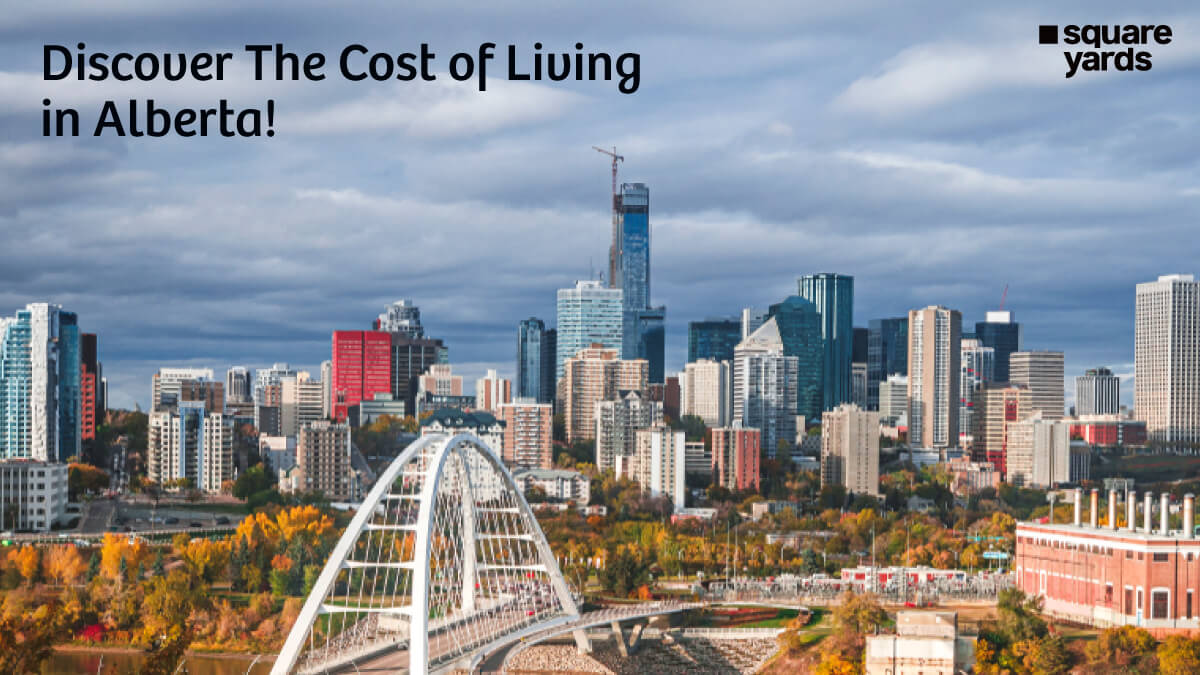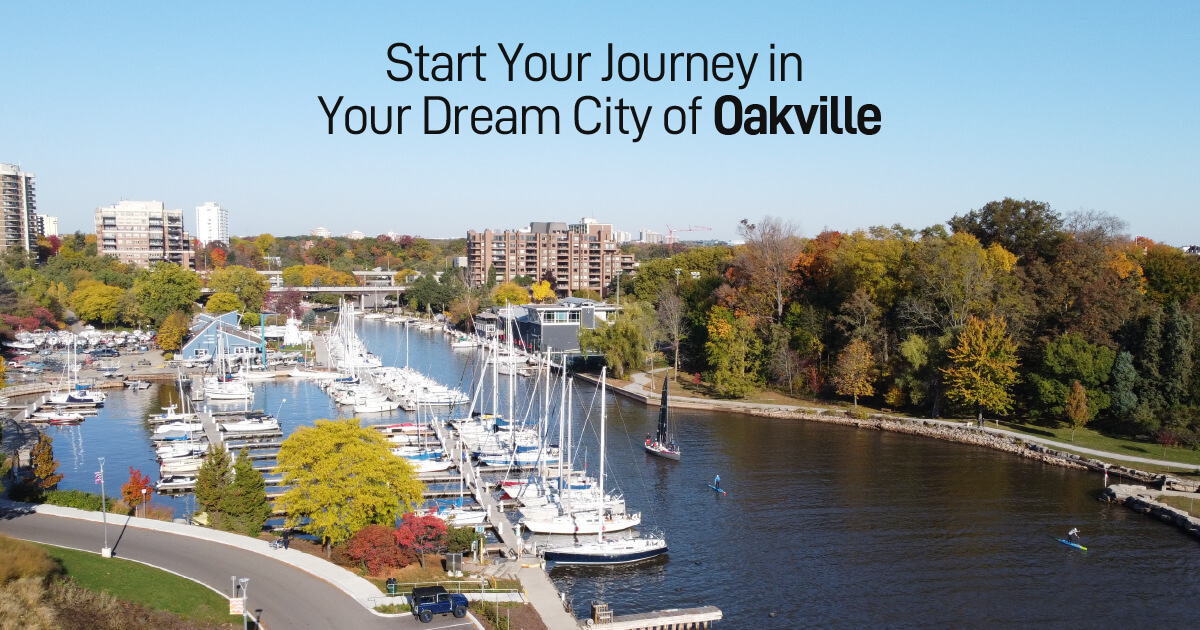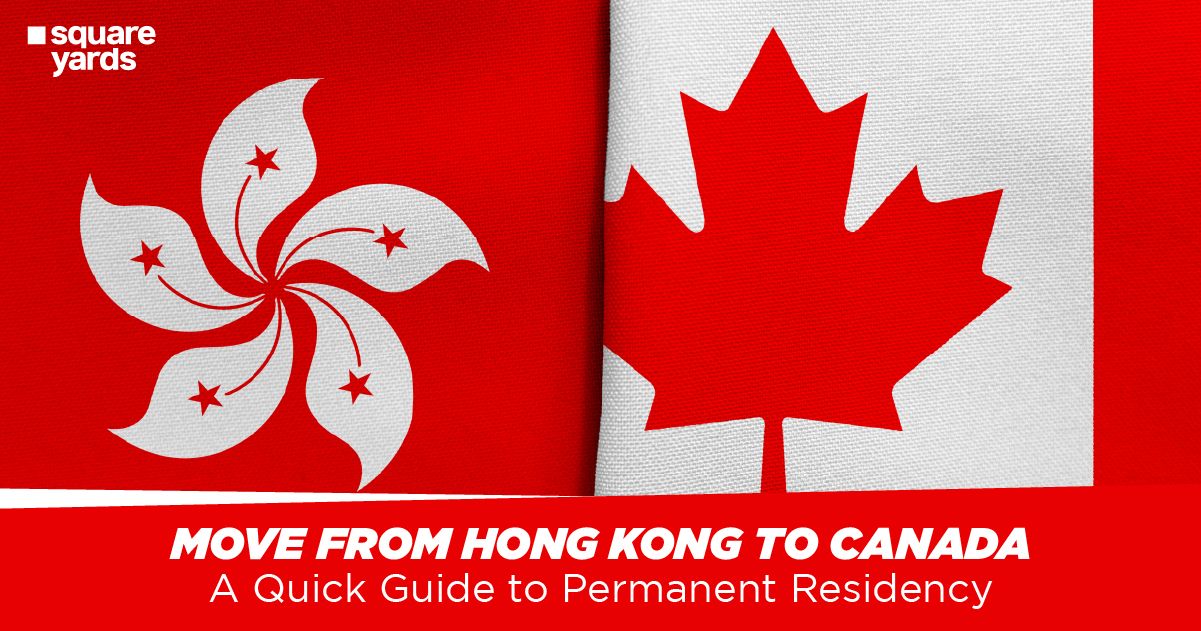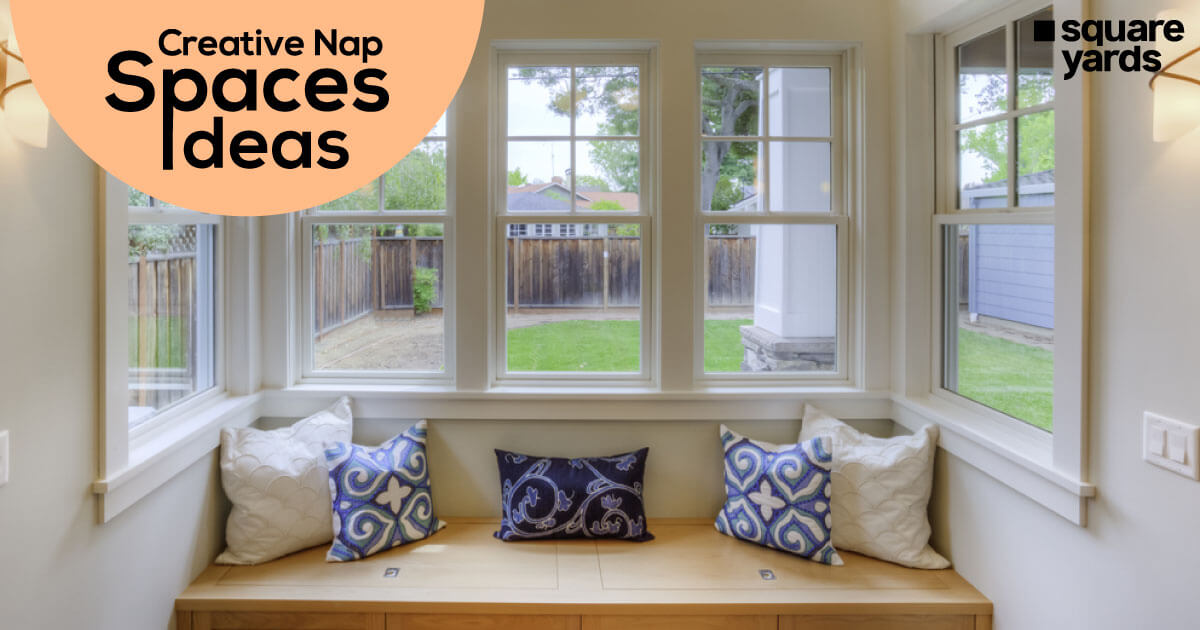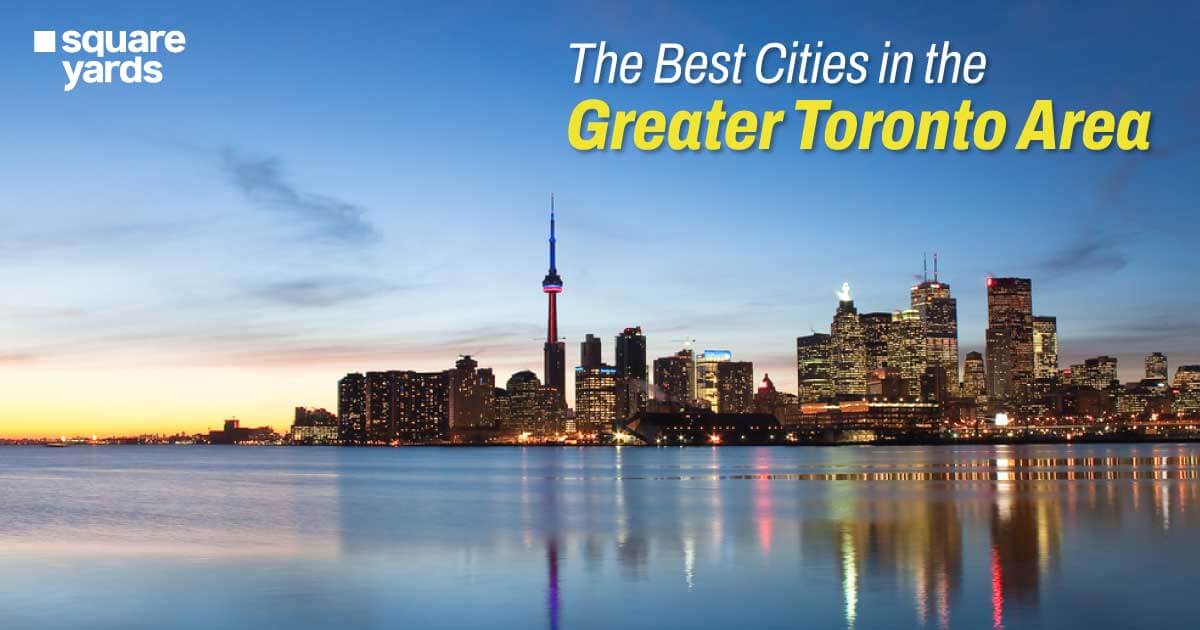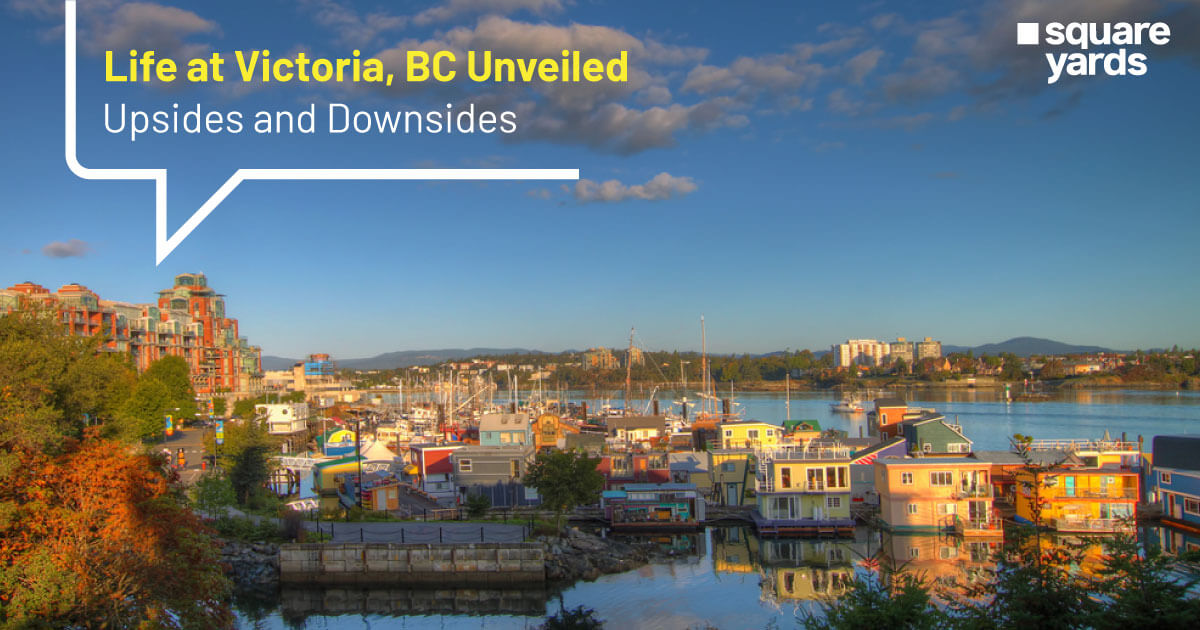Alberta is one of the most famous destinations in Canada. It is also the 4th province in the country that is home to various expensive cities in Canada, especially for those who are planning to move to Alberta. But the expense is worth it because the cities in Alberta are the best combination of great job opportunities and high quality of life. Many people look at different destinations within the province as per their preference. Some people want to move to Calgary while some of them want to go to Edmonton. If you are also thinking of moving to Alberta, then it is one of your best decisions because this will secure your future in every manner.
What is the Livable Wage in Alberta?
Before delving into the livable wage concept in Alberta, let’s establish its essence. It represents the income threshold required for a family (often comprising four members) or an individual to enjoy a comfortable standard of living. This includes covering essentials like housing and food and providing for leisure activities and savings.
The livable wage in Alberta varies depending on the location, highlighting the significance of Alberta living wages in determining one’s ability to afford the cost of living in Alberta, Canada. Calgary sets its livable wage at $18.60, while Edmonton stands at $18.10. However, certain areas command higher rates, reflecting the diverse living expenses throughout the province. Cochrane, for example, calls for a livable wage of $22.60, while Canmore boasts the highest figure in the province at $37.40.
Interestingly, the province’s minimum wage lingers at a mere $15.00 per hour, emphasising the disparity between living and minimum wages in Alberta. Although Alberta once positioned itself as the nation’s highest minimum wage, other provinces have now surpassed it. The reality, as indicated by the living wage in Alberta, is that even in Calgary and Edmonton, the minimum wage falls short of enabling individuals to lead comfortable lives and save for the future. Encouragingly, many Alberta companies recognise the importance of the cost of living in Alberta, Canada and are embracing the commitment to pay their employees a livable wage rather than the minimum wage. By prioritising living wages, businesses can enhance the overall well-being of individuals across the province and foster a more equitable society.
Cost of Living Index in Alberta
A cost-of-living index combines various everyday expenses in a particular area, encompassing utilities, groceries, travel, and childcare. This index is then compared to a baseline of one hundred, where a lower total signifies a more affordable life in that region. Like the varying livable wages across Alberta, understanding the cost of living in Alberta, Canada, becomes crucial. The cost-of-living index in Alberta is influenced by factors such as Alberta living wages and the living wage in Alberta. Unfortunately, the available data is limited to Calgary, Edmonton, and Red Deer within the province. Their respective cost-of-living indexes stand at 73.94, 72.37, and 63.41.
Recent figures reveal that Red Deer boasts the lowest cost-of-living index in Canada, closely followed by Regina, Saskatchewan, and Quebec City, Quebec, where the cost of living in Alberta, Canada, is relatively more affordable with indexes of 64.65 and 65.58, respectively. Calgary ranks fifth, while Edmonton is seventh among cities with higher indexes. In contrast, Nanaimo at 76.82 and Victoria at 76.22 top the list for the highest living costs in Canada. The overall cost-of-living index for Canada is 70.22, indicating that both Calgary and Edmonton surpass the national average, whereas Red Deer enjoys a lower index, emphasising the cost of living in Alberta, Canada.
Taxes
Alberta stands out as one of the most tax-friendly provinces in Canada, offering several advantages. It imposes no sales tax, payroll tax, or health premium. Moreover, its personal income tax rates are among the lowest in the country, particularly for higher earners. Let’s take a closer look at Alberta’s tax brackets.
|
Percentage |
Amount |
|
10% |
Taxable income up to $131,220: No tax changes. |
|
12% |
Taxable income from $131,221 to $157,464: 10% tax rate applied. |
|
13% |
Taxable income from $157,465 to $209,952: 12% tax rate applied. |
|
14% |
Taxable income from $209,953 to $314,928: 14% tax rate applied. |
|
15% |
Taxable income over $314,928: 15% tax rate applied. |
The highest tax percentage applied to taxable income is 15%. Regarding the top tier percentage, Edmonton ranks fifth lowest in Canada, sharing the spot with Yukon. The Northwest Territories, Nunavut, Saskatchewan, and Ontario offer more favourable percentages for higher-income individuals. However, individuals starting their careers or working in lower-wage sectors do not benefit as much from Alberta’s tax brackets. For instance, someone earning $40,000 annually in Alberta would pay $4,000 in income taxes. In Nunavut, where the lowest tier tax rate is only 4%, the tax owed would be only $1,600 per year, while in Ontario, it would amount to $2,020.
Buying or Renting a Home
Canada has witnessed substantial increases in property prices nationwide due to a shortage of available properties in popular areas. However, Alberta has a relatively better situation with more homes on the market, which has helped control property prices. In May 2022, the average house price in Alberta was $477,000, showing a 7.7% annual increase compared to $442,000 the previous year. Nova Scotia experienced the highest year-on-year increase at 31.7%. Compared to neighbouring provinces, the Northwest Territories have a similar average price to Alberta, while Saskatchewan offers a lower average house price of $330,000. On the other hand, British Columbia is nearly twice as expensive.
Nearly one-third of Canadian households reside in rental homes, and four out of ten spend more than 30% of their pre-tax income on rent, surpassing the affordability threshold. How does Alberta fare in comparison to other provinces? According to a recent survey considering the cost of rent and utilities, Alberta has the highest average monthly cost at $1,279. The Northwest Territories and British Columbia are the second and third most expensive regions. Conversely, Nunavut boasts the lowest average monthly rent, with utilities at only $737.
However, it’s worth noting that the cost of utilities is high in Alberta. Alberta would not be at the top if we were to consider rents alone. Red Deer has an average rent of $988, Lethbridge and Edmonton have an average rent of $1,403, and Calgary averages $1,471. These rental prices in Alberta are considerably more affordable when compared to the top two cities, Vancouver at $2,377 and Toronto at $2,133.
Transport
Among Canadian cities, Calgary and Edmonton have some of the highest public transport costs, with only Toronto and Ottawa surpassing them in monthly travel pass expenses. When comparing 29 cities across Canada, Edmonton ranks as the sixth most expensive city for public transport. However, it should be noted that public transport infrastructure and services outside the city centres in Alberta are not highly regarded. If you prefer to travel by car instead of relying on public transport, Alberta offers more favourable conditions with some of the lowest gasoline prices in the country. Nonetheless, it’s important to remember that gasoline prices fluctuate, so monitoring them closely is advisable to take advantage of cost-effective refuelling opportunities.
Utilities
As previously mentioned, the cost of utilities in Alberta is considerably high, ranking among the highest in the country. Following Prince Edward Island and Nova Scotia, Alberta has the third-highest utility bills in Canada. Here are the average costs for various utilities in the province.
|
Electricity |
Water |
Gas |
Internet |
Cable |
Home phone |
Total |
|
$89 |
$50 |
$183 |
$74.50 |
$22 |
$33 |
$451.50 |
It’s worth noting that Ontario is currently the province with the most affordable utility bills, averaging around $328.45 per month.
Groceries
The monthly amount spent on food and beverages is highly individual and dependent on dietary choices, consumption habits, and dining preferences. Factors like meat consumption, vegetarian or vegan choices, frequency of fast food or restaurant visits, and the practice of preparing homemade meals all contribute to the overall cost. Due to the wide variation in personal preferences, providing an accurate monthly calculation for groceries and dining expenses is not feasible. However, here is a list that outlines the average costs of common food items and eating out in Alberta. This can serve as a reference to help estimate expenses.
|
Item |
Metric |
|
1 liter of mil |
$2.50 |
|
A 500g loaf of bread |
$3.00 |
|
12 eggs |
$3.70 |
|
Domestic/Imported beer |
$6/7.50 |
|
Coke |
$2.30 |
|
Cappuccino |
$4.50 |
|
1kg oranges |
$4.20 |
|
1kg potatoes |
$2.90 |
|
McMeal at McDonald’s |
$12 |
|
1.5-litre water bottle |
$2.20 |
|
A bottle of wine |
$15 |
|
Beer ½ liter |
$3.50 |
|
1kg apples |
$4.30 |
|
3-course meal for 2 people, mid-range restaurant |
$80 |
Hobbies and Entertainment
A livable wage should provide sufficient funds for engaging in recreational activities. The prices of such activities can vary significantly, not only between cities but also within them. This article has researched gym membership prices and cinema ticket costs. In Edmonton, for instance, gym membership prices range from as low as $4.99 bi-weekly to as high as $181 per month. The price is influenced by factors such as gym size, available facilities, and whether the pass includes additional amenities like classes and swimming. To find a suitable gym that aligns with your budget, visit and explore the options personally. Similarly, cinema ticket prices vary, although the range is relatively narrow. Child tickets (ages 3-13) typically range from $7.99 to $8.99. Adult tickets (14 years and above) generally cost between $10.99 and $12.99, while senior tickets vary from $8.50 to $10.50.
These price ranges serve as a general guide, allowing individuals to estimate the costs associated with gym memberships and cinema outings, thus facilitating informed decision-making based on personal preferences and financial considerations.
Childcare
Families with children often inquire about the cost of childcare in Alberta. Fortunately, the government allocates significant funds to support such families, including grants provided to childcare providers to enable them to offer reduced fees to parents. The actual cost of childcare depends on the household income. For households earning over $180,000, the daily childcare expense amounts to $22.19. Conversely, families with incomes below $119,000 can expect an average cost of $10. In Alberta, primary and secondary education is offered free of charge, aligning with the practice across Canada. However, some parents may choose to enrol their children in private schools. Presently, tuition fees for private schools in Alberta range from $2,950 to $36,200 per year. It is worth noting that the government’s efforts in supporting families with children through grants and subsidised childcare options contribute to easing the financial burden and ensuring access to quality education and childcare services.
Why Living in Alberta Matters the Most
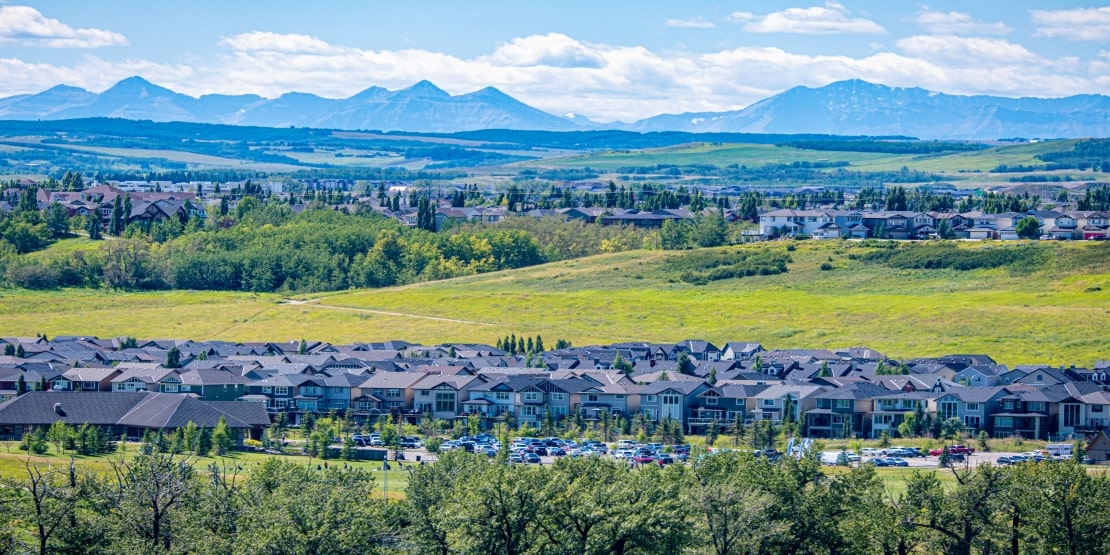
Alberta tops the list in order to buy potential new homes. The province comes with promising growth of real estate and the value of your potential over time. Here are a few major factors that will attract you to Alberta, be it any of its cities regarding education, employment, or nature. No doubt many people want to shift to Alberta but on the other hand, they do check on the cost of living in Alberta for their easy survival there. While calculating the cost of living in Alberta it is important to check on its economy. Thus, energy industries are the major contributors to the economy of this famous province. It accounts for about 1-2 jobs out of every 16 available. Alberta is also called out “Canada’s energy province”.
Also, it has set the inflow of economic opportunities and enhanced the living standards. Besides the energy industries, there comes forestry that has brought the net worth of the province to about 6 billion per year. Below, we have discussed some major reasons why your future is safe in Alberta and how you can survive in the 4th most expensive province of Canada.
Reason Behind Why People Want to Move to Alberta?

Low Taxes
Just like all of the Canadian provinces, Alberta also imposes Goods Sales Tax (GST) on all the purchases made in its cities. Therefore, Albertans are free from big taxes which are imposed in other Canadian provinces, most specifically the Harmonized Sales Tax (HST) and Provincial Sales Tax (PST). Just because Alberta does not impose HST, it helps people manage their cost of living, which actually means that a single dollar of yours will run a long way in Alberta.
Great Job Opportunities
As the literacy rate is growing everywhere, employment has also been in demand for a few years now. Well, Alberta is the most opted option when people hunt jobs these days as most of the people who move to Calgary or Edmonton are somewhat younger than the median age. For this reason, Alberta has many options for job opportunities and many other entrepreneurial endeavors. Such young minds are the major reason behind the growing employment rate in Alberta. If you are passionate about something and have skills then it’s a great place for you.
Well, there are several other factors that hit your mind when you think about moving to some place. Therefore, Alberta gives many reasons to anybody who is looking for a good place to migrate. The province has everything that promises a good future to you, whether it’s your education, career, or the value of your newly bought home.
Wonderful Outdoor Activities
Whether you like hiking, skiing, or just taking a pleasant walk through the amazing outdoors, Alberta has the best scenery for you. The cuts of the Rocky Mountains are straight through the province, and both Calgary and Edmonton are near the rocky mountains. Thus, you can choose any of the cities to live your dream life with all the luxury and nature at the same place. Also, there are many open and flat spaces for people who love doing activities on level ground. There are many ski resorts in the Northern America area, also Alberta has something to present to the one who likes to relish the winter sports or any other outdoor activity.
Tremendous Climate
Alberta is amongst the sunniest provinces when compared to the other provinces of Canada. No matter which season is blooming, the province will always get the sunlight. For this reason, people who love the sunlight usually move to Alberta as both Edmonton and Calgary are famous as the sunniest places in Canada. Both the cities get sunny weather for more than 50% of the days in the year. Even the extreme Canadian winters are not harsh there due to the fact that Alberta is very low in humidity. It means that the air of the province does not lack moisture even in the coldest winters. That is the reason why people enjoy living there and relishing the outdoor activities in the season.
Cultural Diversity
Knowing many facts above, now you must have a rough idea of the population in Alberta. Yes, the province has a very diverse population, and thanks to its geographically large area that welcomes everyone from all over the world. It means, you can always find a place and niche in Alberta that fits your preferences well. If you love to learn about different cultures, the cultural diversity in Alberta will offer you a great opportunity to learn from different people who belong to different places, races, societies, or religions. You can be yourself in Alberta, as it gives you the real gist of living your life.
Alberta Cost of Living
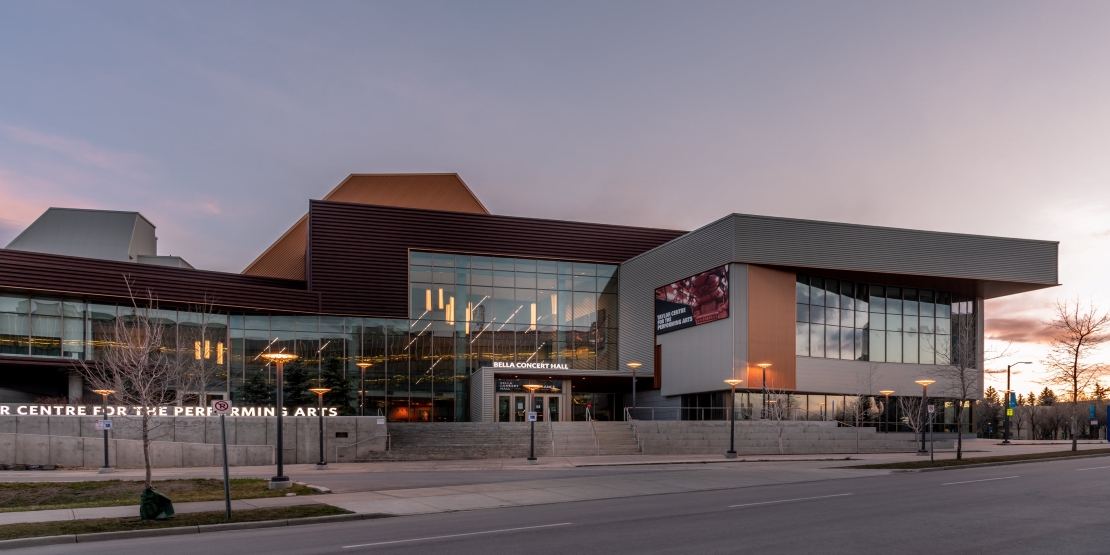
Knowing all the facts about the province, now we have come to sum up the decision with its cost of living. As you know that Alberta has a diverse set of communities and cultures it has set its image for being home to many out there. People nowadays are willing to move to Alberta and wish to own a house there as the province is facilitating many world-class services to its residents. The cities of Alberta maintain the quality of life and offer different opportunities in every aspect of life to you and your family.
Higher Incomes
Families who live in Alberta, typically enjoy higher family earnings than the other provinces of Canada. As per the 2018 Canadian Income Survey, the families in Alberta earned a median salary of CA$98,400 excluding tax. It is more than the Canadian average of CA$84,900. Also, it has become the reason why nowadays people are moving to Alberta, buying homes, and ready to live their dream.
Lower Cost of Living
Alberta provides various cost-of-living advantages, just as:
- No Provincial Sales Tax (PST)
- No premiums for provincial healthcare.
- Tax rebates and credits to additional assistance with your finances.
The residence of all other Canadian provinces has been imposed with 10% additional payment to all the services and goods i.e. (GST) which is almost paid by all Canadians. Our communities play a major role in making Alberta a great place to live. Alberta counts small towns to major cities like Edmonton and Calgary. It makes the province suitable for everyone out there and you can easily move to Alberta and buy a property out there wherever the price fits your budget. Hence, the living expenses in Alberta fit the pocket of individuals who decide to live in the province.
Education System
There is an excellent education facility in Alberta, with several options based on religion or language. Not just this, but also schooling from kindergarten to 12th grade is completely free and this is a plus for everyone who wishes to move to the province. The teachers in Alberta encourage leadership, instill confidence and pride in all the students, and create a love of learning. Thus, buying your new home near such facilities will not just benefit the value of your property but also will be advantageous for your future generations.
Cheap Rental Apartments in Alberta
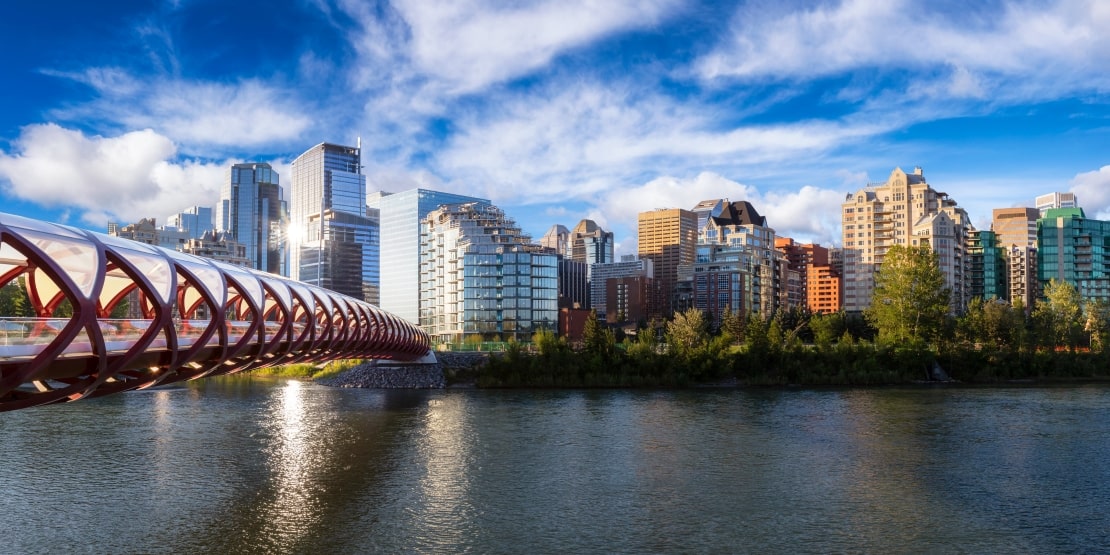
As per several reports in the market, the monthly average cost of living in Alberta Canada is CA$1,928. And as per the November 2018 report of LNN, it is said 4.7% of apartments in the city were available at that time, which was actually down by 5.1% in the year 2017.
The most reasonable place to live in Alberta, according to the reports, is Fort McMurray. CA$439,664 is the average price in the northern city of Alberta, whereas the median single-person household earning in the province is $106,912 and the two-person household salary is CA$221,425.
Here are a few most reasonable housing markets in Alberta:
-
- Fort McMurray: CA$439,664, Single: 4.1, Dual: 2
- Cold Lake: CA$281,231: Single: 4.1, Dual: 2
- Grande Prairie: CA$319,084: Single: 5.6, Dual: 2.6
- Fort Saskatchewan: CA$368,921: Single: 6.1, Dual: 2.7
- Airdrie: CA$359,148: Single: 6.2, Dual: 3.0
Conclusion
So, now that you know the cost of living in Alberta, are you thinking of moving there soon? It is a beautiful province with all the advanced parameters that fulfill all the wishes one looks after. Be it industrialization, cultural diversity, education, or even nature, Alberta is a one-stop place for all nature seekers, as the province encompasses desert badlands, prairies, coniferous forests, mountains, and the province consists of 600 beautiful lakes. Not just this, but also Alberta is rich in mineral deposits and all the residents enjoy the beauty of Rocky mountain Park glaciers in western Canada. Being a beautiful province of Canada with a smooth public transit facility in its capital city Edmonton, Alberta is in demand for every other reason as it’s a full package that anyone would love to have.
Every other person in Canada who wants to have everything in approach would never say no to Alberta. Just like Toronto, Alberta is also a much demanding place where people want to move in. but unlike Toronto, Alberta is somewhat reasonable when it comes to the cost of living in Alberta, Canada. So now when you have checked the real estate price in Alberta, what’s stopping you from moving to your dream place. As above we have given some easy tricks to help you live in Alberta in your budget. You can plan your future by landing in the province by managing your daily routine a little.
You May Also Read :
|
Guide To Living in Victoria BC |
|
|
Know The Places To Stay in Montreal |
|
|
All About Living in Barrie |
|
|
Explore Toronto Condo Developers |
Frequently Asked Questions (FAQs)
Is it expensive to live in Alberta, Canada?
A single person requires around CA$2,771 on average per month to manage monthly expenses, but for families of four, a monthly earning of around CA$5,230 is essential.
Is Alberta a safe place to live?
Personal security and safety top the list when you consider relocating to a new place. Alberta is usually considered as one of Canada's safest provinces, but a few areas are safer than the others.
How expensive is housing in Alberta?
Housing prices in Alberta can also vary depending on the specific location within the province. In major cities like Calgary and Edmonton, housing prices are higher than in smaller towns or rural areas. Researching the housing market in the desired location within Alberta is advisable to understand the current prices and availability better.
How much do groceries cost per month for 2 people in Alberta?
The cost of groceries for two people in Alberta can vary depending on dietary preferences, shopping habits, and location. On average, the monthly cost for groceries for two people in Alberta can range between $400 to $800, depending on the quality and quantity of items purchased.
What is the average income in Alberta?
The average income in Alberta can also vary depending on factors such as occupation, industry, and experience level. As of the most recent data available, the average annual income in Alberta is around $65,000 to $75,000. However, it is important to note that individual incomes can vary significantly based on various factors.
What is Alberta's minimum wage?
The current minimum wage in Alberta is $15.20 per hour as of September 2021. It is worth mentioning that the minimum wage is subject to change. It is recommended to consult official government sources or reliable resources for the most up-to-date information on Alberta's minimum wage.

